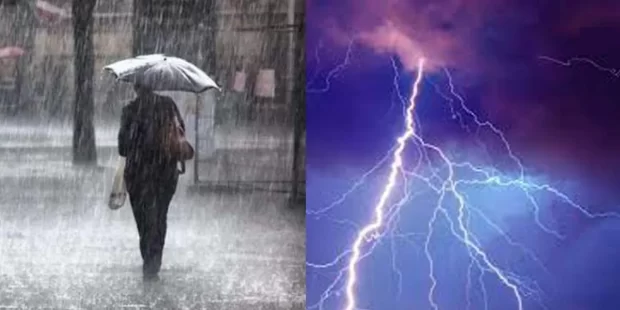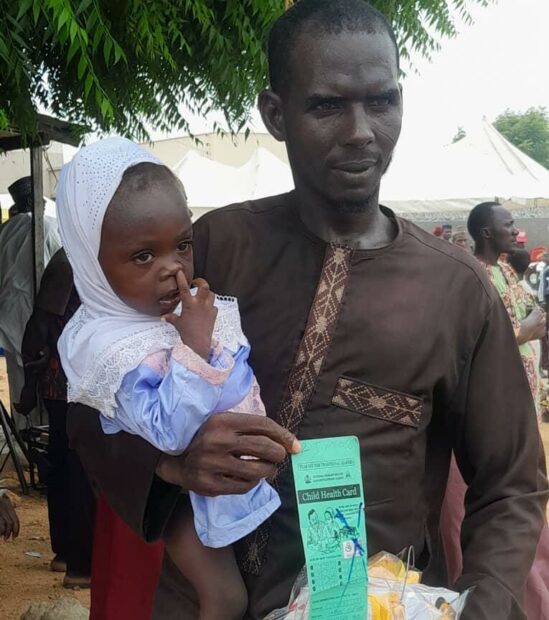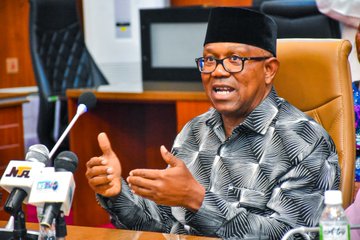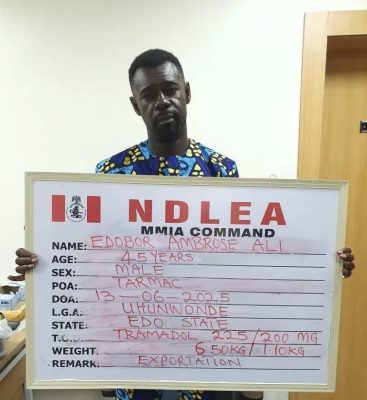
Afrobeats Shines Globally, But at What Cost?
Afrobeats has taken the world by storm. From Davido and Wizkid to Burna Boy and Tiwa Savage, Nigerian artists are topping international charts, winning global awards, and headlining major festivals.
Yet behind this global success lies a deeply flawed local music industry —one that often fails the very talent it should be nurturing.
While the sound is thriving internationally, many artists still struggle with broken systems at home , including weak legal protections, outdated distribution models, and exploitative contracts.
The Rise of Afrobeats vs. The Reality of the Local Industry
Nigeria may be the cultural birthplace of Afrobeats, but its music industry lacks the infrastructure, regulation, and investment seen in more mature markets like the U.S. or the U.K.
Despite producing some of the biggest names in music today, Nigeria’s creative ecosystem remains underfunded and poorly regulated .
Common challenges include:
- Piracy and illegal downloads
- Unfair streaming revenue splits
- Lack of artist rights enforcement
- Over-reliance on brand sponsorships over sustainable income
Without proper systems in place, many talented artists burn out early or leave the country to seek better opportunities elsewhere.
Contracts That Trap Artists, Not Protect Them
One of the most controversial aspects of the Nigerian music industry is the standard record label contract —often skewed heavily in favor of the label.
Many young artists sign away their rights without understanding the long-term implications. Some end up working for years without seeing fair compensation for their work.
Industry insiders have called for reforms, including transparent royalty tracking , artist-friendly agreements , and better legal representation for creatives.
Until then, the cycle of exploitation continues.
Piracy and Streaming: A Double-Edged Sword
While digital platforms have made Nigerian music more accessible worldwide, they’ve also made it easier to pirate.
Locally, illegal downloads and unlicensed streaming remain rampant. Internationally, even when music is streamed legally, artists often receive minimal payouts due to how streaming services distribute royalties.
This gap between global exposure and local earnings leaves many artists frustrated.
Call to Action: Share Your Thoughts!
Do you believe Nigeria’s music industry is holding back the full potential of Afrobeats? What needs to change to support the next generation of artists?
💬 Leave a comment below and tell us what you think about the future of Afrobeats and the systems supporting it.
📢 Help spread awareness by sharing this post with fellow fans and creatives who care about Nigeria’s music scene.













Be the first to leave a comment